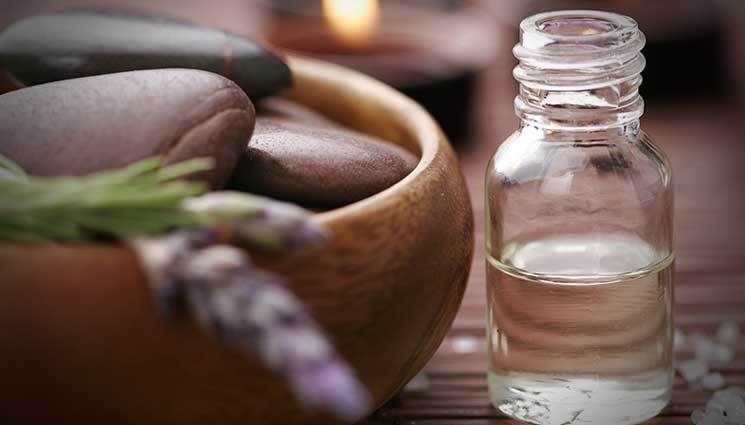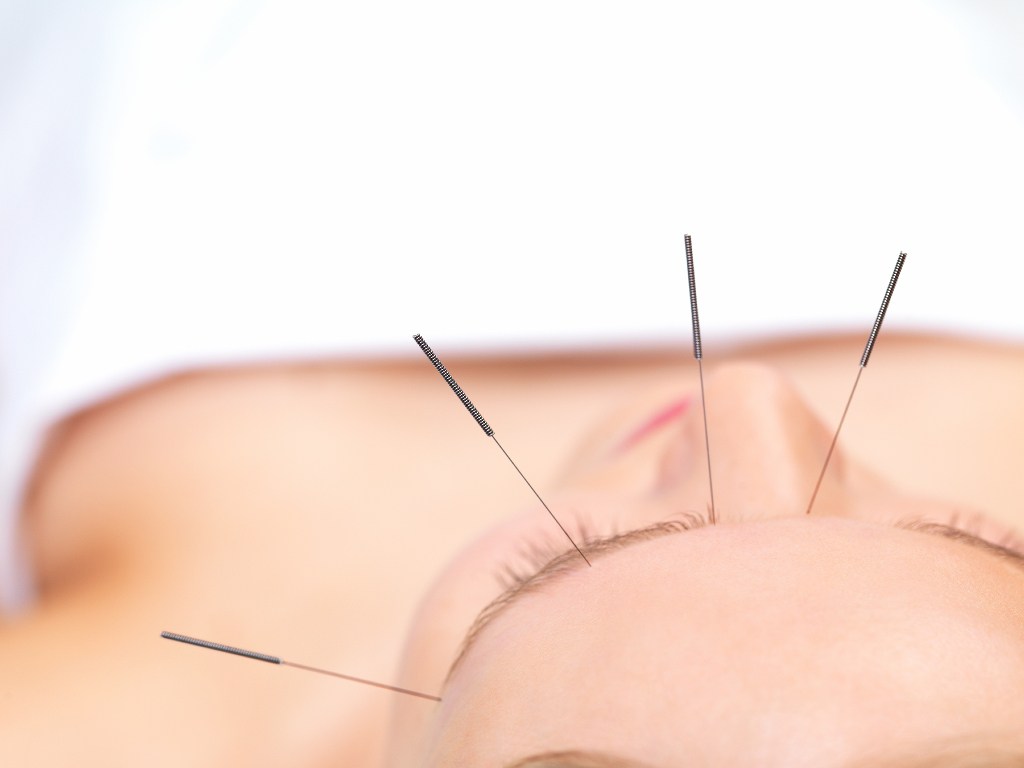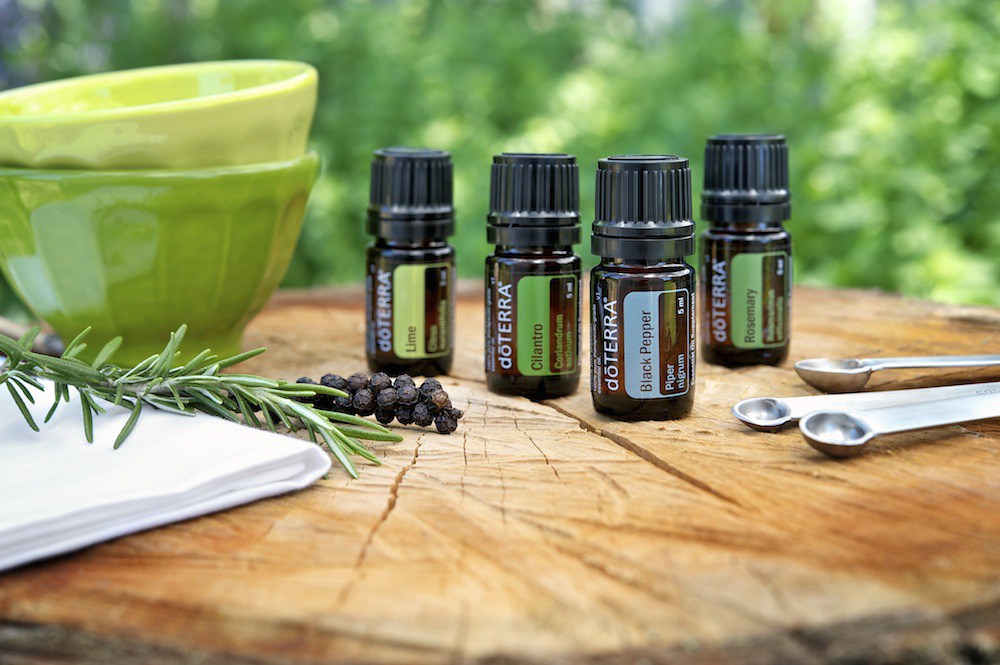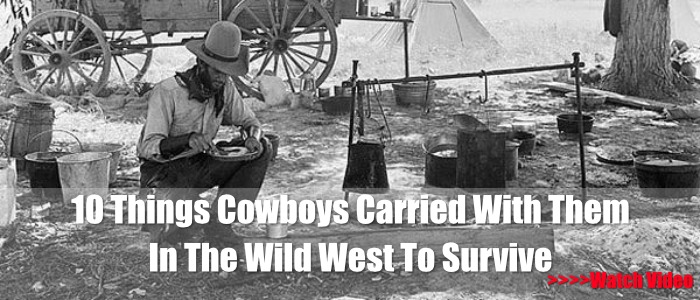
I have confidence that Americans can deal with short-term or regional/localized disasters. However, I stand with many of the Governments chosen experts who are for the large part gravely concerned about America’s current inability when it comes to dealing with large-scale, long-term disaster scenarios. As far as I can tell in my own research, about 5-million Americans have some form of disaster preparedness plans and provisions in place. Of course, this leaves more than 98% of the population unprepared, and therein is the vulnerability and problem.
One of the more important questions
How do we take care of our first-aid and health needs during and after a long-term disaster when doctors will be scattered and largely inaccessible and hospitals and clinics are no longer operating? Clearly, as individuals, we may need to shoulder most of the burden ourselves, and it will be a new experience for most people. It seems logical that most prudent Preppers will have some basic first aid training and supplies, including various medications to deal with a host of health issues in the near-term. But what about the long-term?
Additionally, some Preppers (along with many others) are catching on to the adverse side effects of many ‘big-pharma’ drugs and medical preparations; in a disaster, who can you call when you have a side-effect? And coupled with that, the limited supplies and shelf-life of many of the ‘big-pharma’ drugs and preparations during a long-term event, should give any thinking person some cause for concern. Should a prudent person be learning about alternative solutions now, as opposed to later, possibly when it may be too late?

Acupuncture has been practiced for centuries.
So to avoid being caught in a medical-care vacuum, many people today are considering and learning about using ‘alternative’ or naturopathic medicine. This gives rise to certain important questions:
Are naturopathic methods and medicines effective and safe? Are there alternative substitutes for some (all?) of the drugs and medicines that under normal circumstances could be bought at a pharmacy? And; even in good times, should I be using ‘big pharma’ drugs and preparations?
I am not a medical doctor or a pharmacist so I cannot advise anyone as to what they should do; I can only recount what I have seen or know from personal experience. And probably like you, I have to rely on other qualified experts in these important health considerations. And from my research, it seems that there is a growing trend towards naturopathic cures and medicines among informed consumers around the world.
Naturopathic Medicine
It is a scientific fact that; ‘Naturopaths’ have been safely and effectively treating and curing people’s medical and health problems for hundreds of years. As in any profession, including that of modern western medicine and certified medical doctors, there are a few bad practitioners among the good ones. And so it is illogical to paint everyone with the same brush. ‘Big-pharma’ drives the medical industry in the U.S. and in some other countries. And since they essentially control the very profitable centers of western medicine and drugs, they are quick to denounce any curative paradigm that takes any profit from them, regardless of the efficacy of any paradigm.
We saw examples of this behavior in the early days of acupuncture and naturopathic medicine here in the U.S., both of which disciplines have finally won acceptance within western medicine. In order words; it’s plain economic logic that dictates as follows: If a large corporation is in the multi-billion dollar business of making and selling a treatment for cancer, for instance, then why would they embrace a cure or treatment for cancer that is nearly free, and which would eliminate the need for their product? Clearly, in this example, any such company would want to run a stake through the heart of any person or company that had any such cure or treatment.
As it is said, never get between a dog and its bone unless you want to get bit!
In reality, there are many low cost (or nearly free) cures and treatments for a host of medical and health issues.
Acupuncture
The practice of acupuncture as a healing art is at least 2,000 years old. Generally speaking many naturopaths today employ a ‘holistic’ approach to treating their patients and utilize a range of therapies. Acupuncture has proven valuable to the holistic approach to treating patients with a host of conditions. I am personally aware of the benefits that are provided by acupuncture, which among many, includes measurable pain-relief among other benefits. Acupuncture is painless contrary to what some people may believe (I have had acupuncture myself, and you cannot feel the needles when they are inserted or removed). Acupuncture has been so successful that the Air Force began teaching “Battlefield Acupuncture” to physicians deploying to Iraq and Afghanistan in early 2009. “Battlefield Acupuncture” can relieve severe pain lasting several days. More about ‘Battlefield Acupuncture’ here and more about Acupuncture here
Essential Oils
Even though the healing powers of essential oils have been well known among healers for thousands of years, they have nonetheless sprung unto the medical scene here in America as if they were just discovered. Many of us recall that two of the ‘wise men’ who visited the birthplace of Christ brought as gifts; the oils Myrrh and Frankincense (aka: ‘Boswellia’), which were considered more valuable than gold in those days due to their healing properties. Today we now see a resurgence of the use of the essential oils, including in the treatment of cancer and other diseases at prominent hospitals around the country.
Related: Doomsday Book Of Medicine
Here are just a few of many examples:
Cancer:
- Boswellia
- Frankincense oil derived from Boswellia carteri induces bladder tumor cell specific cytotoxicity – ecancernews
- Frankincense & Cancer – Livestrong
- Frankincense Oil Kills Bladder Cancer Cells – Natural News
Other Conditions & Illnesses:
- The efficacy of the application of essential oils for the prevention of acute respiratory diseases in organized groups of children
- Aromatherapy Science– Tambela
- Efficacy of plant products against herpetic infections
- Aromatherapy and Diabetes – American Diabetes Association
- Renaissance of antimicrobial essential oils as a promising force to fight hospital-acquired infections. –
Here is the PubMed Abstract (from link #5 above) regarding the efficacy of some essential oils against various infections in hospital tests:
———————————————————————-
“Hospital-acquired infections and antibiotic-resistant bacteria continue to be major health concerns worldwide. Particularly problematic is methicillin-resistant Staphylococcus aureus (MRSA) and its ability to cause severe soft tissue, bone or implant infections. First used by the Australian Aborigines, Tea tree oil and Eucalyptus oil (and several other essential oils) have each demonstrated promising efficacy against several bacteria and have been used clinically against multi-resistant strains. Several common and hospital-acquired bacterial and yeast isolates (6 Staphylococcus strains including MRSA, 4 Streptococcus strains and 3 Candida strains including Candida krusei) were tested for their susceptibility for Eucalyptus, Tea tree, Thyme white, Lavender, Lemon, Lemongrass, Cinnamon, Grapefruit, Clove Bud, Sandalwood, Peppermint, Kunzea and Sage oil with the agar diffusion test. Olive oil, Paraffin oil, Ethanol (70%), Povidone iodine, Chlorhexidine and hydrogen peroxide (H(2)O(2)) served as controls. Large prevailing effective zones of inhibition were observed for Thyme white, Lemon, Lemongrass and Cinnamon oil. The other oils also showed considerable efficacy. Remarkably, almost all tested oils demonstrated efficacy against hospital-acquired isolates and reference strains, whereas Olive and Paraffin oil from the control group produced no inhibition. As proven in vitro, essential oils represent a cheap and effective antiseptic topical treatment option even for antibiotic-resistant strains as MRSA and antimycotic-resistant Candida species.”- PubMed Abstract

Essential Oils
———————————————————————
Pure essential oils are concentrated and compact, and can be easily stored (long term, with care) and are very reasonably priced compared to some of their ‘Big-Pharma’ counter-parts, some of which may require the additional cost of a doctor’s visit to obtain a prescription.
Given the benefits and value proposition that essential oils present for preppers and those living ‘off-grid’, I recommend that everyone keep a small kit of essential oils as a backup to a traditional medical/first aid kit.
I have to confess that I am biased when it comes to essential oils since I have been using doTerra brand oils in my own life, as does my wife, who was introduced to doTerra essential oils by a family member who is a critical care RN. Not all essential oils are created equal; many oils have varying levels of contaminants or impurities that can affect how well an essential oil will work, and in worst cases, the contaminants may render the oil toxic.
As some of my readers are aware, I have a background in science (chemistry and physics). This background allows me to critically consider the methods that doTerra uses to purify and then test their essential oils in order to provide consumers with 100% pure ‘certified pure therapeutic grade’ essential oils. doTerra is the worldwide leader in this field.
There are many ways to learn more about the various essential oils and how they can be used to treat and cure a host of conditions, ranging from treating a child’s fever using peppermint oil, to treating an ear infection using lavender and melaleuca oils.

















